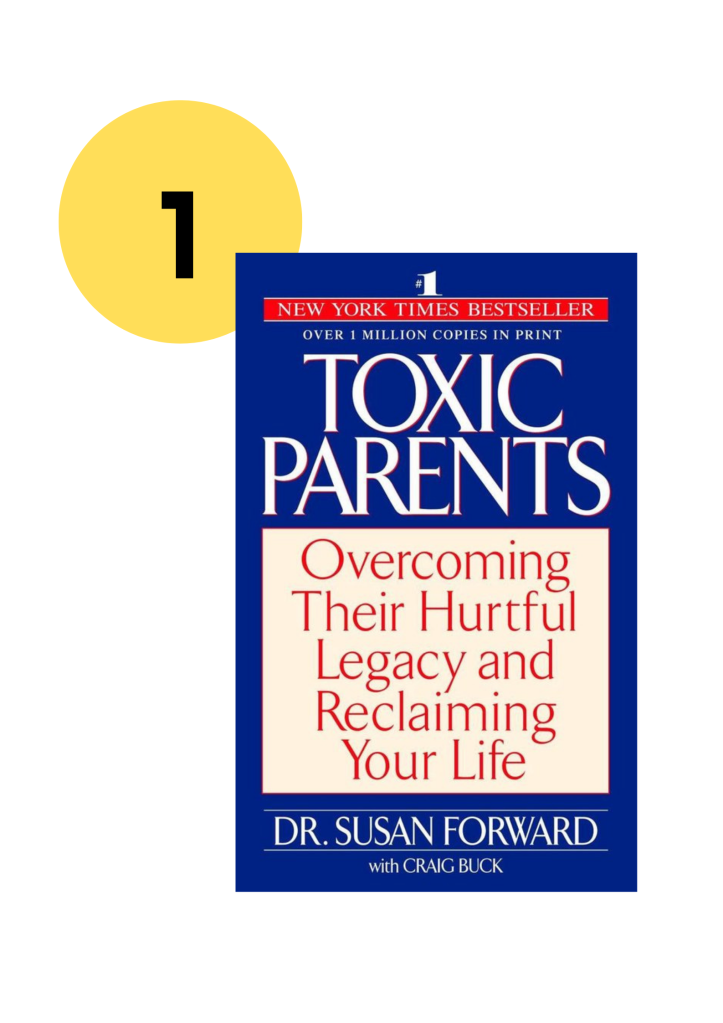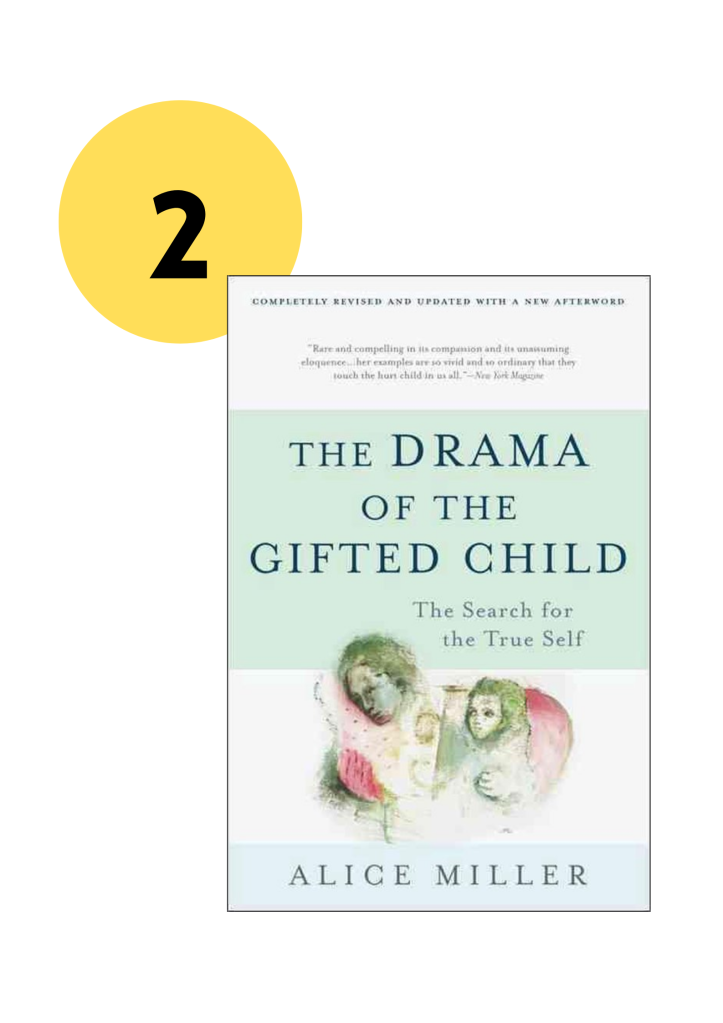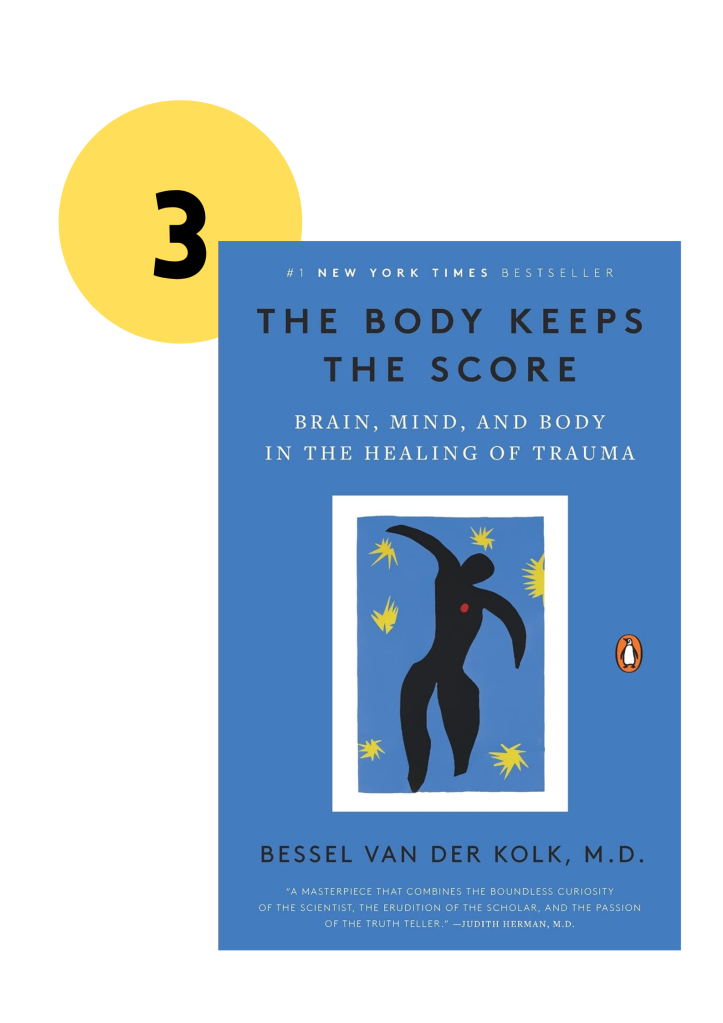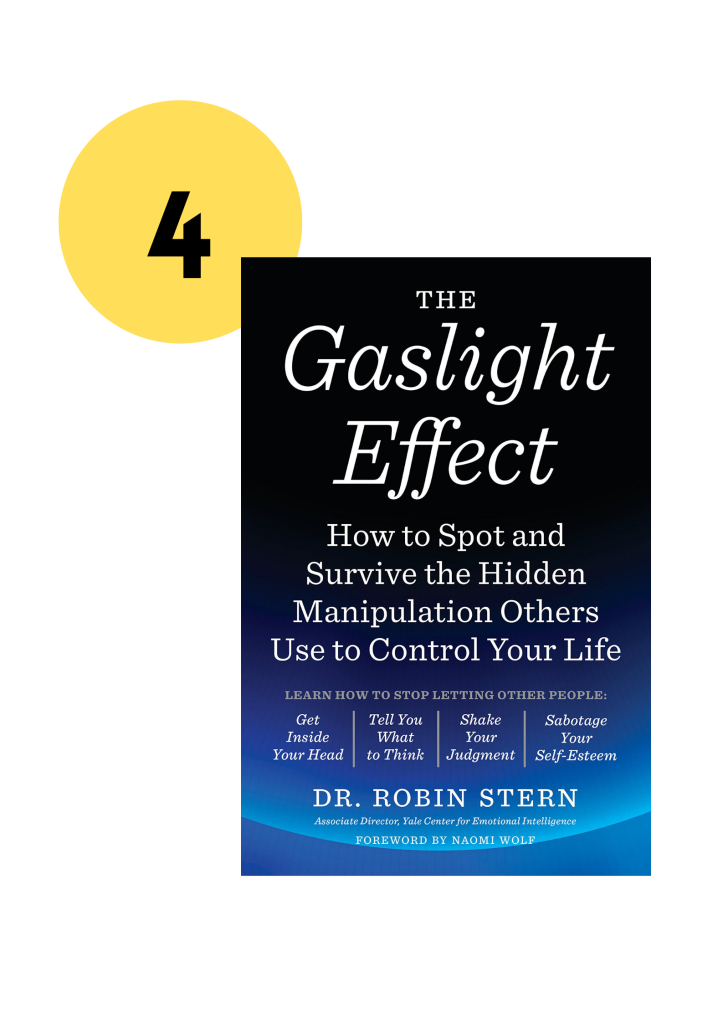I would love to say that life is peachy and the world is a just place. Unfortunately, that’s not the case for quite a few of us out there. If you look around, 70% of people have experienced a traumatic event at some point in their life. It can be something relatively simple (if you can call trauma simple), more of a one-off event – think of car accidents, loss of loved ones or jobs, assaults, etc. Or it can be a constant, background noise that is always there. It can be something that is very obvious like living in war zones, or abusive relationships, or something more subtle like toxic relationships, or seemingly minor transgressions. Despite of which one it is, it is equally devasting and it can take years to recover and deal with the pain. About eight of every hundred women and four of every hundred men – and people say women have it easy – develop PTSD sometime in their lives.
And I am one of those eight women. And I am one of the lucky ones who couldn’t figure out what was off with my life. It took me years to realize that I have trauma or PTSD. I am one of those (un)lucky ones whose trauma was never truly terrible (or I thought so) but it was always there. I didn’t realize for a long time how that buzz impacted my life, my choices, and my moods. I am happy, excited, and easily excitable. Does it matter that I am afraid of my own shadow? Or that I have terrible bouts of depression once in a while? Does it matter that I am overly rational and can share my thoughts and feelings only when they are fully processed? For a while, I thought that it was fine as long as most of the time I am okay. Through books – my dear companions and teachers, – I came to realize that it really does matter and that there is such a long healing journey ahead of me. While everyone needs to find their path and the best way to heal, here are a few recommendations that were helpful for me.

As a good story starts: on one called snowy winter evening I was having a coffee with a friend, she listened to my rants and frustrations, stopped me, and told me to read Toxic Parents. Since I was new to the whole self-discovery and healing journey, the overly-dramatic name gave me an immediate reaction: NOPE. And then I still bought it. And it was one of the best things that I could have done for myself.
My first companion helped me to realize that I actually had a problem and a big one. It helped me to discover how flawed my relationship with my parents and my relationship with myself actually is. It walks through family models, explains the “normal” behaviors, and guides the reader through the journey of analyzing one’s child-parent relationship and identifying if one actually has toxic parents. My checklist was a very painful realization of how much trouble I was in. Next to the initial shock, I also got a good explanation of what certain parenting models, and parent behaviors do to a child. In a way, I got justification of why I was feeling the way I was feeling. For me, this book was a good explanation of my relationship and my family model and why I need help.
My second companion was a bit less dramatic but much more about me: how I feel, why I don’t feel, and how I move through life. Alice Miller is a renowned researcher and psychiatrist who specializes in childhood traumas. The Drama of the Gifted Child is one of her more famous books, and there is a good reason for that. While it’s sweet and short, it definitely isn’t easy. It covers family relationships (part of the topic, unfortunately), but it’s much more than that – the focus is on you as an individual and what unhealthy behaviors do to you. It slowly but surely dissects your behaviors, and challenges you to focus on yourself.
I went to a therapy session a few weeks back (I have been doing it for a couple of years now), read a letter that I was tasked to write to my parents and after reading it, my therapist asked if the book helped me to write it. I didn’t have an answer then. I read it a few years back; I couldn’t remember the contents of it, I remember the feeling of terrible pain, anger, and the question why they did it to me? but nothing more than that. So, I went back, reread the book, and had a moment of joy & relief – I healed so much since reading the book. When I read it the first time, I was a broken child who didn’t know she was broken; when I read it now, I realize that I have still a long way to go but I slowly recognize my needs, my thoughts, and my dreams. I don’t know if the book helped me to write the letter but it definitely helped me to reflect on it. So, if you are looking for a bit of explanation or guidance on why you (don’t) feel or a measuring stick of how your healing journey is going, this book is a great source. Painful but great.


My third companion showed me there are loads of tools to heal. Some of them are even sneaky bastards – they are healing with the simplicity of it like yoga but about that in a bit. Bessel van der Kolk is one of the most prominent researchers and therapists when it comes to dealing with trauma – be that war zones, near-death experiences or abusive childhoods. He doesn’t discriminate 🙂 Based on his experience and a number of other research papers, he wrote The Body Keeps the Score. It covers everything when it comes to trauma – how it takes hold of you, what it does to your mind and body, and, in the end, how to heal.
I bet this book is a lot of things for a lot of people. My husband is going through it now and what he is discovering, I completely missed or didn’t flag it since it wasn’t really essential for me to then. For him, explanations of certain behaviors or reactions are a big thing since he is just starting the journey. In my case, I was all about tools to heal. Don’t get me wrong, it doesn’t give you a checklist after which you would be magically better. No, it takes different manifestations of trauma and offers examples of what could be helpful in certain cases. Medication or talk therapy is not the only answer. If you were sexually abused or are afraid for your physical safety, movement-based activities would be helpful. Yoga is a good one – it not only forces you to pay attention to your body and reconnect with it but also slows your mind down. You kind of get two for the price of one. If your trauma is based on a specific event or relationship, theater therapy (yes, it’s a thing) or group therapy might be some interesting alternatives. Eye Movement Desensitization and Reprocessing (EMDR) Therapy can be surprisingly helpful if you have PTSD. My take from this book – there is more than one way to heal and you need to choose your weapon of choice; the same as you would choose different approaches for flu vs cancer.
My last companion is less about trauma and more about the behaviors that we allow in our worlds. Gaslighting Effect aims to explain what does this behavior entails, how it impacts gaslightee, and how we can disengage. When I started reading the book, it was a remote concept for me but now I realize how common it is. To a degree, we all do it a little bit (not according to the book). The problem is (according to the book) that we associate our identities with people who manipulate us by gaslighting us, ie pretending that they are acknowledging our needs while in reality just steamrolling over us to get what they want. Initially, we doubt, then we get angry and if it lasts long enough, we start to believe that we are imagining things and that we are actually selfish, careless, stupid, [insert your adjective]. When more likely reality is a person is feeling insecure and they are looking for ways to control us; it’s easier to do that when we don’t believe in ourselves.
Not everyone needs or should read the book but it was an exciting concept for me. It helped me to rethink some of my relationships and how I engage with them. It was a bit of an AHA moment for me when I realized that I don’t have to engage and listen to the gaslighter. I can just walk away. And hopefully, I will manage to do it one day.

Before I finish off, the caveat for Gaslighter Effect: while it is an interesting read, the author assumes that in 80%of cases, women are impacted by the gaslighter who is their romantic partner. And her assumption is based only on the people that reached out to her. It forgets that people like me who had manipulative parents maybe don’t recognize that something is wrong with the behavior. That’s the relationship model that I grew up with. How would I know that it can be different? It also forgets that men can be impacted as well but maybe it’s more difficult for them to talk about it or heck, maybe they would choose male therapists? Despite the caveat, it’s a good intro book on manipulative behaviors and what it could do to you and your identity.
And that’s a wrap. These are might companions on the journey of healing and dealing with trauma. As with everything, each of us has a different journey and needs to find what works for us. For me, understanding and the science behind it are important and helpful. And these four are good ones for the start of the journey.
Did you use books to heal? Do you have any recommendations?

